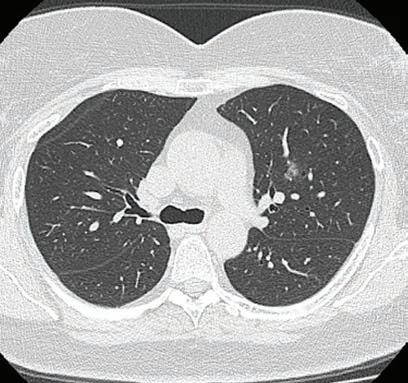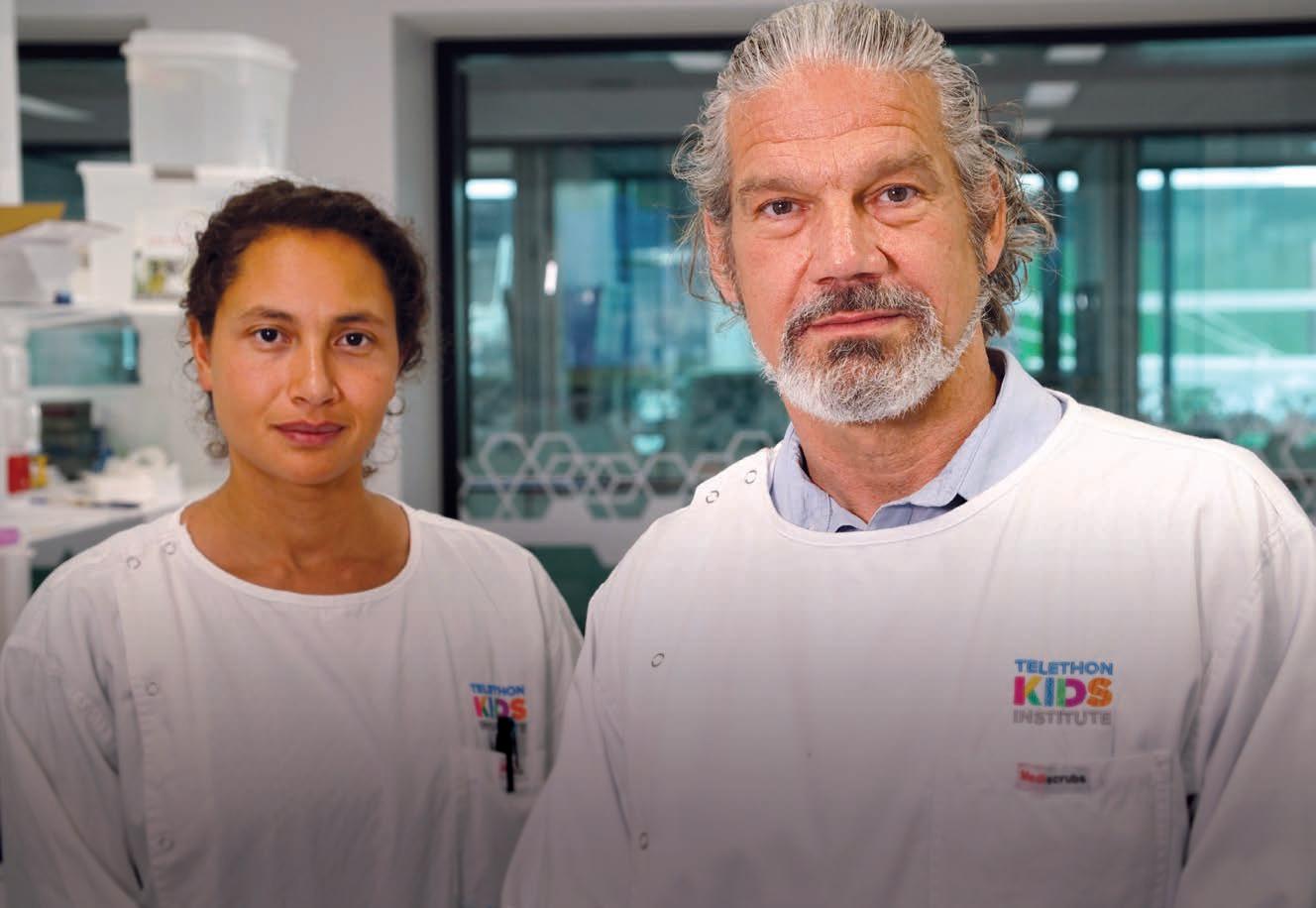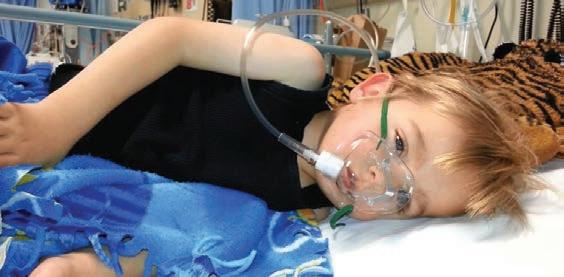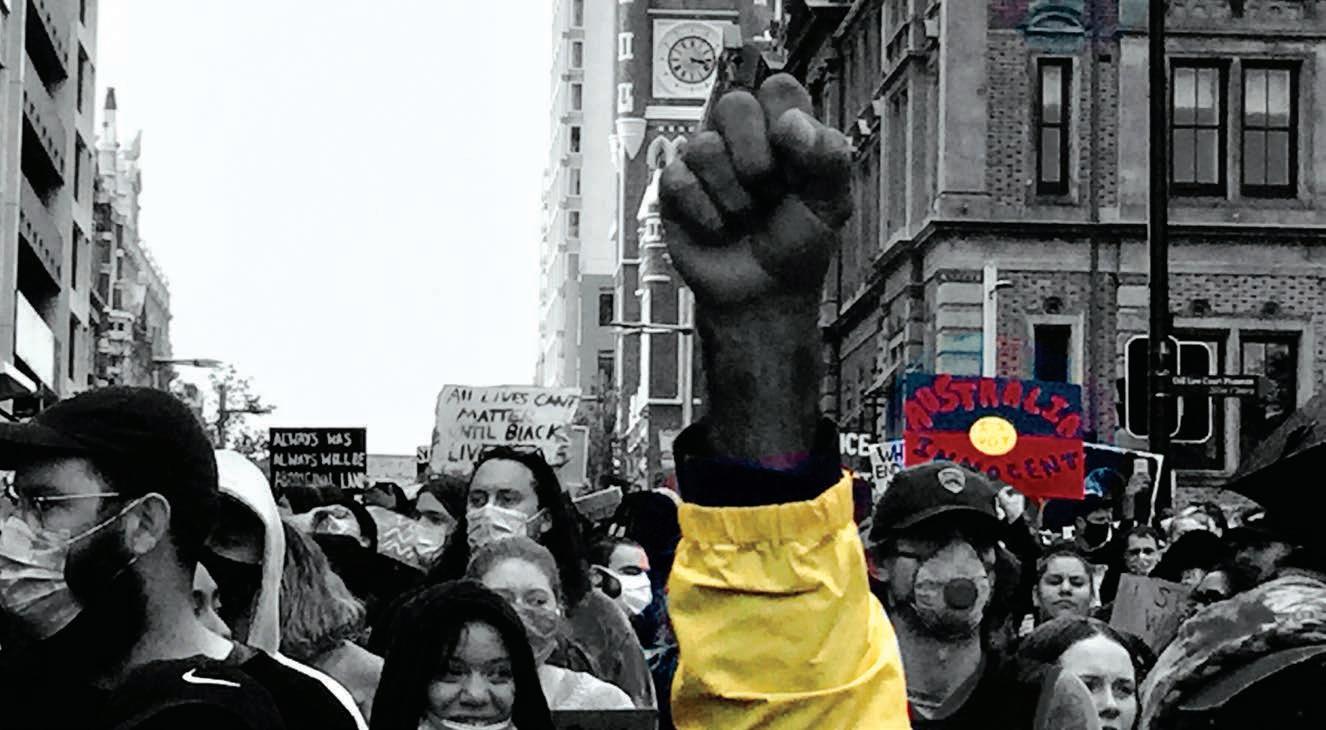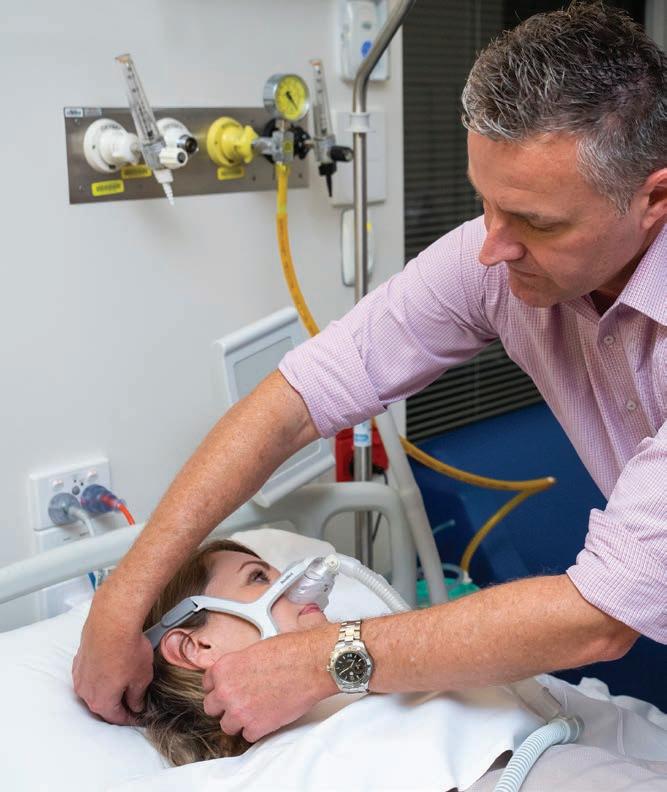Hey WA – It's OK to be OK! With Victorian COVID numbers spiking dangerously, A/Prof Erin Smith writes about minimising feelings of ‘survivor guilt’. In the middle of July, in the heart of Perth’s financial district, West Australians were beginning to return to office buildings after months of working from home. Life was starting to get back to normal as coronavirus restrictions in the state eased. But everyone’s pandemic experience is unfolding differently and there is no denying that it has been devastating for many people in WA and around the world. At the worst end of the public health emergency spectrum are the millions of cases and hundreds of thousands of people who have died, as well as their grieving friends and families. At the other end are those who are not only doing well, but sometimes thriving during the pandemic. Mercifully, WA has so far been spared the grim numbers of other states. The West has seen less than 700 cases to date, compared to Victoria which is fast approaching 17,500 and NSW with nearly 4000. Of the 450 COVID-19 deaths in Australia, nine have been in WA. And while Victorians are locked down, most West Australians have now settled into new ways of living and working and are looking forward to building resilience over the next 12 months, learning from collective experiences. Given many of our fellow Australians – and indeed people around the world – are struggling right now: is it OK to be OK in WA? You bet. While mental health advocates and support groups have been rightly promoting that it is “OK to not be OK” during this pandemic, we can’t overlook the importance of reminding people that it is also “OK to be OK”. Cassie Mogilner Holmes, associate professor of behavioural decision making at UCLA, says it’s not only OK – but essential. “It’s actually more important now 4 | SEPTEMBER 2020
than ever to focus on our personal emotional health,” said Holmes. COVID-19 has certainly been a traumatic experience – it has had a profound impact on mental health – about 1000 people have died by suicide in Australia since it began and modelling from the University of Sydney found that suicide deaths could rise by 25% annually. The term survivor guilt is usually used to describe the emotional distress someone feels after surviving a traumatic event when others haven't, like a natural disaster or terrorist attack. It has been identified in veterans, those who survived the Holocaust, 9/11 survivors, and first responders. During COVID-19 we have witnessed the conventional type of survivor guilt associated with surviving the coronavirus when hundreds of thousands haven’t. But not everyone is struggling, and this has resulted in a new type of survivor guilt. This emerging type of guilt is characterised by not feeling ‘impacted enough’ by the pandemic. This type of survivor guilt can be seen in the workplace. The pandemic has forced many organisations to reduce staffing, causing some remaining employees to feel guilty, according to John Hackston, head of thought leadership at the Myers-Briggs Co. Survivor guilt can result in a range of emotions, from shame to a sense of unworthiness or even anger. When emotions are not processed properly, they can impact our physical and mental health and cause depression, anxiety and physical illness. These are not easy days. Many of us are stuck at home trying to make sense of a confusing, contagious virus. And yet, there's so much to be grateful for. As quickly as our communities shut down, new avenues of happiness emerged – whether these took the
form of Zoom catch-ups, driveby birthday parties, or a renewed focus on connection. The fundamental question we're all facing is this: Is it OK to be OK right now – despite the death toll and the number of people sick, the impact on the frontline workers, the pressure on the essential workers who make sure we're all fed and safe, and the growing number of family and friends who are doing it tough? It may sound counter-intuitive, but experts say that seeing the good, despite the bad, is a sign that you have a healthy and balanced approach to this current – and challenging – situation. "If we have to wait for all the conditions to be perfect in order to be happy, we're going to be waiting a long time, perhaps as long as we live," said psychologist Lisa S. Larsen. "Sometimes, we have to look for the best possible solution for a tough situation in order to move forward during a difficult time." Even during hard times, it's common – and OK – to feel two feelings at once. We can be upset by the stress our friends, loved ones, and communities are experiencing and still feel grateful if we're doing OK. We don't have to pick just one emotion. In fact, the ability to feel multiple emotions, and to feel them fully, points to emotional resilience that will help us navigate through uncertain times. And we don’t have to let those emotions turn into feelings of guilt. This is a pandemic – you’ve done nothing wrong. And at the end of the day – it’s OK to be OK! ED: Dr Erin Smith is Associate Professor of Disaster and Emergency Response at the School of Medical and Health Sciences, Edith Cowan University. Figures were accurate at press time.
MEDICAL FORUM | RESPIR ATORY HEALTH ISSUE
BACK TO CONTENTS
GUEST COLUMN


